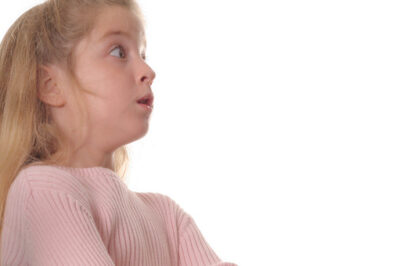Truth is foundational to relationships. It helps us know and understand others so that we can interact with them effectively. When people are honest and tell the truth, we learn to trust them.
But when a person lies, our thinking about that person changes. Trust is broken. This is particularly hurtful when it’s our child who breaks our trust. We want to believe our kids. We want to give them the benefit of the doubt. We want to trust them. When a child lies, we’re stuck. We ask, “How can she do this to me? Why would he lie to me?” Our very relationship feels threatened.
Lying is an attack on our closeness with our children. It makes us feel angry and betrayed. But the solution is not to yell, or punish, or demand the truth. Overpowering or forcing specific words will do little to develop integrity in our children. What we need is a plan. We need to understand the deeper problem and get to the heart of our children.
Deception is a term we use to describe a number of dishonest words or actions. Lying is only one piece of the bigger puzzle. Some people define lying as saying something that is not true, but we believe lying has more to do with the intent of the speaker. The person who reports inaccurate information is just mistaken unless he intends to deceive. We believe that lying is best defined this way:
Lying: Stating something, either written, oral, or with other signals, with the intent to mislead or deceive.
Having honest discussions about what lying is and how it damages relationship is important in family life. There are many other important strategies for fighting the battle against lying but an important one is to dialogue about this important issue. Now, that doesn’t simply mean lecturing after a lie. It means taking time in non-discipline moments to do some helpful teaching.
For more practical ideas about developing honesty in your family, see our book, Good and Angry: Exchanging Frustration for Character In You and Your Kids. One of the helpful tools in this book is a questionnaire in Chapter 8. Ten stories pose ethical dilemmas for kids. Do your children know the right answers?
Reprinted with permission from the National Center for Biblical Parenting. JoAnne Miller is the co-founder.







Leave a Comment
You must be logged in to post a comment.